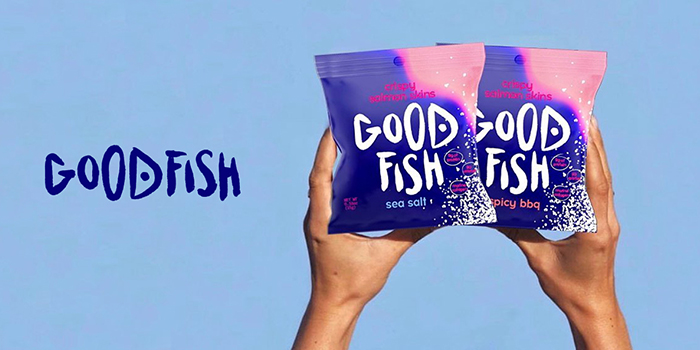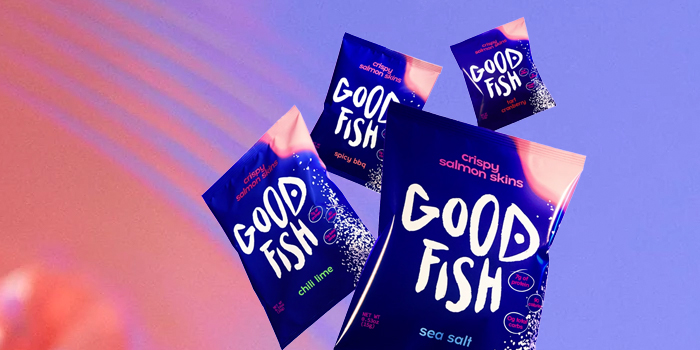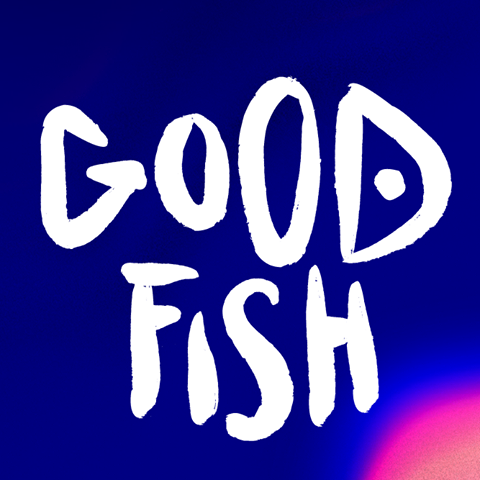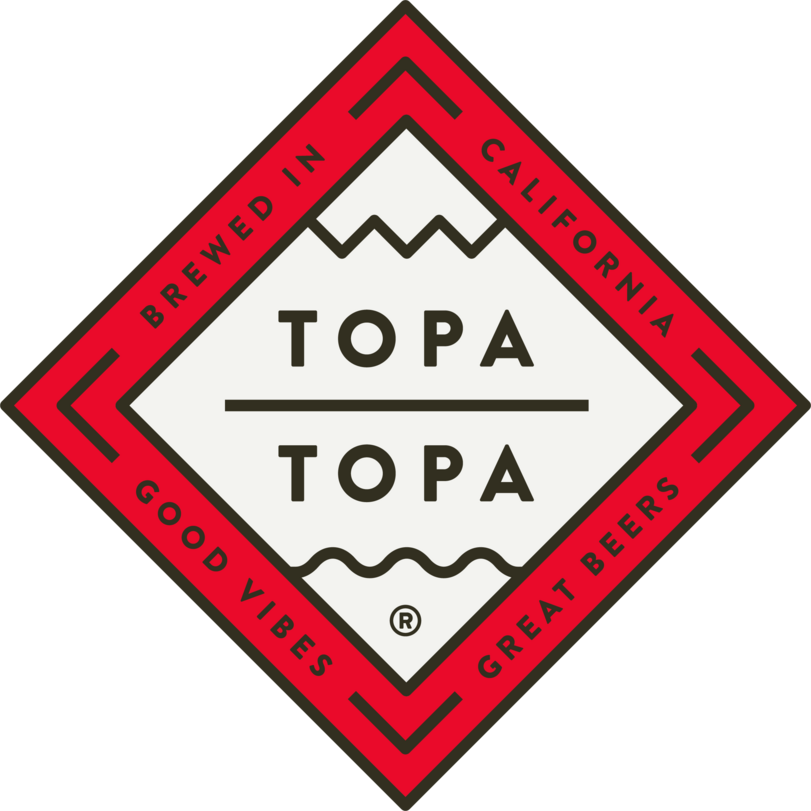GoodFish Closes Funding for Salmon-Based Snacks

For GoodFish, despite the Covid-19 pandemic, things are going swimmingly. The company announced today it had closed $4 million in funding. The round included investment from Siddhi Capital, AF Ventures and other new and returning investors.
GoodFish, which launched earlier this year in March, produces a line of creatively flavored chips made from salmon skin which have zero carbs and 80 calories. The company, which was co-founded by Harmless Harvest founders Justin Guilbert and Douglas Riboud, reported an annualized run rate of $3 million in its first six months in business, according to the founders. Riboud, who serves as GoodFish’s CEO, said that though the pandemic forced some adjustments to strategy, largely the company has been on track to hit its goals.
“Justin and I know how to adapt to changes in the business environment but no one could predict this,” Riboud said. “But people are still interested in innovation and they are still interested in ‘voting with [their] dollars’ in terms of the food that they purchase. The curiosity is still there to find the next brand that embodies not just your values but also the kind of food you’re looking for.”
The capital follows the company’s original $2 million in seed capital, which went towards packaging design (one of the last efforts by famed design agency Gin Lane) and product development. New investor Siddhi Capital is the venture arm of GoodFish’s operations provider Siddhi Ops, a partnership that allows the company to have a very “open and honest” relationship with its investors and “figure out how to address [any issues] in a really positive way,” Riboud said.
The latest capital will go, in part, towards R&D and production — GoodFish chips are made by co-packers but the company owns some of the equipment used as well as maintains a proprietary process. To-date, the company has purchased 206,000 salmon skins from Alaskan fisheries that would have been discarded, for a total of over 164,000 pounds of upcycled salmon skin. In order to continue to grow that impact, Riboud added, the company needs to further invest in its supply chain and scaling its production, adding more operational infrastructure to support growing sales.

Customer acquisition and marketing will also be a focus in the year to come. Though the brand is sold in some retailers, like Fresh Market, it largely has operated by selling direct to consumers. The online-first strategy will continue in 2021, but targeted brick and mortar retailers will also be of interest moving forward and the company plans to also enter the Asian market in early 2021.
Innovation will be largely centered around new flavors for the year to come. Melissa Facchina, Siddhi Capital co-founder and general partner, said the line can appeal to a wide range of shoppers, many also consumers of of the high growth meat-snack category, who crave a more sustainable source of protein but still want an “umami-forward,” savory option.
Though some other snack brands have struggled to shift to an online model, missing the impulse-driven nature of being sold in stores, Riboud said GoodFish has found workable solutions to drive trial, such as selling a smaller variety pack to introduce consumers to the line.
“Similar to [Harmless] Harvest, when we were an interesting impulse buy at checkouts at a Whole Foods in Tribeca, now that has shifted to similar behaviors online,” he noted. “[Digital] is what we wanted to push and that’s what’s been truly successful.”

















